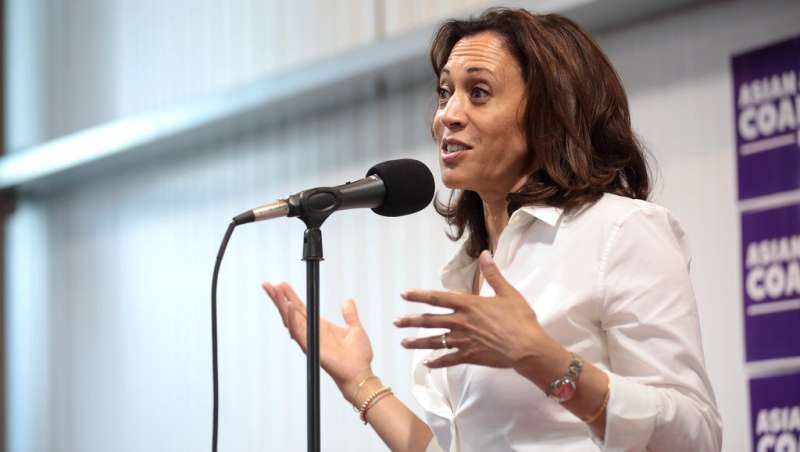Research challenges popular belief that 'unbridled ambition' costs female candidates votes

New research looking at voters' perception of gender and aspiration suggests that voters do not penalize ambitious women candidates seeking political office, contrary to popular belief.
The study, published in the US journal Political Behavior, challenges the long-held assumption that negative views about ambition are standing in the way of female candidates in politics.
Following Hillary Clinton's unsuccessful bid for the White House in 2016 a notion that 'unbridled ambition' had cost her votes gained traction. Then-President Obama suggested that ambition might be a political liability for women, but not men.
To test this hypothesis the researchers from the universities of Bath and Harvard, developed a four-part framework to evaluate public perceptions towards different aspects of ambition among female candidates.
This looked at ambition as multidimensional: 'progressive' (i.e. aiming for higher office); 'personalistic' (i.e. personality traits, including being determined to succeed and a tough negotiator); 'agenda-based' (i.e. the scope of their proposed policies); 'parental' (i.e. juggling family responsibilities with public life).
The political scientists then tested voters' reactions to these 'ambitious' traits across a sample of nearly 4000 respondents both in the US and UK. In their experiments, people evaluated pairs of hypothetical candidates against information about both their ambition and gender.
Results from their experiments which ran from 2017 to 2020 found that overall female candidates with these traits were not punished—in fact, they were slightly favored. Yet, there were some differences in acceptance for ambitious women across parties.
In the States, Democrats were more supportive of women with progressive ambition than Republicans (a gap of 7% points). This suggests that ambitious right-wing female candidates in the US might face bias, particularly in the context of non-partisan races (primaries and local elections) when voters are unable to rely on party labels to make decisions. In the UK, they found no differences in attitudes towards female candidates across party affiliation.
They found some evidence that women were more likely to support female candidates with both progressive and agenda-based ambition, compared to men. But they say these differences are not significant across all survey samples. While ambitious political agendas are favored by voters, they found no significant differences in voters' willingness to support female versus male candidates with ambitious agendas. Parent status was not found to be associated with candidate ambition.
Researcher, Dr. Ana Catalano Weeks from the Department of Politics, Languages & International Studies at the University of Bath explains: "For a long time a popular belief has persisted that ambitious women seeking political office get penalized by voters, but our results suggest no evidence to support this assumption. Ambition, including for women, is not a negative trait for voters—if anything it's attractive, especially for Democratic voters.
"Women remain underrepresented in parties and parliaments and one of the reasons might be not the voters, but elites within parties who often play a gatekeeping role. Women might also perceive that they will face additional discrimination if they are perceived as ambitious. This research should act as a rallying cry to women seeking political office not to downplay their aspirations."
Study co-author Dr. Sparsha Saha of Harvard University's Department of Government adds: "Our research is part of a line of recent studies which suggest that voter discrimination is not the cause of women's underrepresentation in advanced democracies, and that norms about women with traditionally 'masculine' traits like ambition are changing."
The team now plan to look at perceptions towards ambition in the context of race and ethnicity. They acknowledge that attitudes towards ambitiousness in ethnic minority women may be different in important ways from evaluations of white women.
They also plan to extend their work to see if it holds across other advanced democracies including in Germany, Finland and New Zealand all with prominent female political leaders, and to further explore how history, context, and institutions matter.
More information: Sparsha Saha et al, Ambitious Women: Gender and Voter Perceptions of Candidate Ambition, Political Behavior (2020). DOI: 10.1007/s11109-020-09636-z
Journal information: Political Behavior
Provided by University of Bath



















